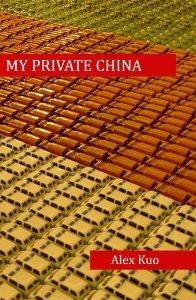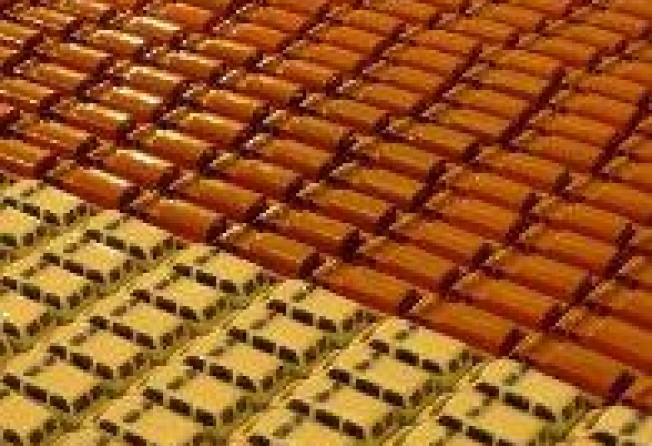
by Alex Kuo
Blacksmith Books
4 stars

Although in recent years the amount of literature about China has grown significantly, Alex Kuo's My Private China successfully sets itself apart from the rest.
Educated at Hong Kong's King George V school, then at the University of Iowa, Kuo is a writer (of both fiction and non-fiction), poet and documentary photographer.
While identity is one of the many recurring themes in My Private China, it also seems to be a theme of his life outside books.
Being born in Boston, raised in wartime Chongqing and having attended school in Hong Kong, Kuo - who won the American Book Award in 2002 with his compilation Lipstick and Other Stories - can be described as a "third-culture kid". And even though Kuo claims, in a previous interview with the Post, that he is not a Hong Kong writer, he often writes about the issues the city faces in My Private China.
As other books on China aim to discuss its economy, politics or the famous people it has produced, Kuo's collection of profiles, interviews, essays and poems breathes life into his personal accounts of the mainland.
"They [the essays in the book] look at China more than just as a place, something more important than the practical information about its weather, places to stay, or currency," he writes.
Disguised as short, sometimes humorous anecdotes, the chapters represent fragments of Kuo's personal experiences. Each chapter varies greatly in form, style, language and topic. From the recollection of a meeting with Chinese pianist Zhou Guangren to the use of technical words and play-by-play descriptions of multiple intense bridge games, Kuo's wide range of subjects is strung together by the common theme of himself.
The book is divided into three sections: Tiananmen Square 1989; Crossing Cultures; and Post Colonial Hong Kong. While the first and last sections showcase a host of Hong Kong and the mainland's daily, political and social issues and lifestyles, Crossing Cultures deals with other matters. It not only probes the question of Kuo's identity as an Asian-American and the racism that comes with it, but also the subtle invasion of Western culture into China.
In one of the chapters of this section, "Where Are You Really From?", Kuo's passion and frustration radiates through. With its unconventional structure and stream-of-consciousness style, Kuo's experience of racism enters the hearts of his readers.
My Private China is a collection of "transpacific essays" that includes both intimate and journalistic chronicles, formal and informal rants, and beautiful and ugly (but truthful) descriptions.
Even though Kuo's references to bridge often get lost in translation to the average non-bridge player, this book does exactly what it sets out to do: to bring Kuo's experiences of China into the reality of his audience.